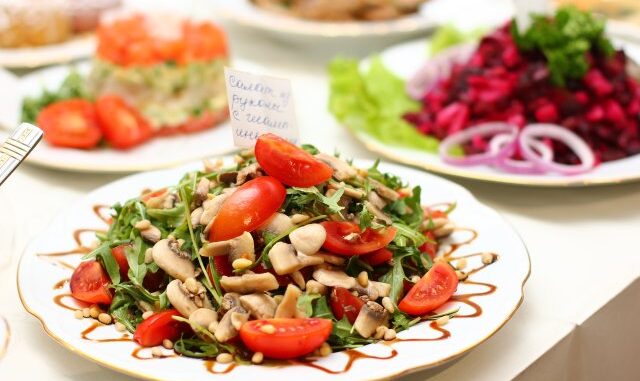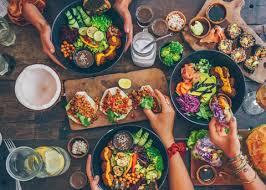
What mistakes do fasting people make
Avoid fasting pitfalls by exploring our website dedicated to highlighting the main mistakes fasting individuals often make. Enhance your fasting journey today. The department notes that some fasting people focus on dietary restrictions, while fasting involves reducing carnal pleasures, controlling one’s thoughts, words and actions, and other methods of spiritual cleansing. In addition, it should be remembered that fasting is not a diet or nutritional therapy.
Fasting, a practice embraced by various cultures and religions for centuries, involves abstaining from food and sometimes drink for a period of time. Whether it’s for spiritual reasons, health benefits, or weight loss, fasting can offer a range of advantages when done correctly. However, like any practice, it can be fraught with potential pitfalls. Here, we explore some common mistakes that fasting individuals might make, often unintentionally, which can undermine the intended benefits of fasting.
One prevalent mistake among fasting individuals is not adequately hydrating themselves. While abstaining from food, it’s crucial to maintain proper hydration levels by drinking sufficient water. Dehydration can lead to headaches, fatigue, dizziness, and overall discomfort, which can exacerbate the challenges of fasting. Therefore, it’s essential to prioritize hydration throughout the fasting period, especially during periods of extended fasting or in hot climates.
https://en.wikipedia.org/wiki/Fasting
Also, fasting people who do not have the practice of observing multi-day fasts can make the following
dietary mistakes during Lent:
- Sharp exclusion of animal foods.
Lent provides for the exclusion from the diet of all lean foods, that is, products of animal origin: meat, fish, milk and dairy products, and on certain days it is also prescribed to refrain from eating heat-treated food, vegetable oil, and wine. However, a sharp transition from the usual bland diet to eating according to the strict canon of fasting can lead to an exacerbation of chronic diseases, an imbalance of carbohydrates in the direction of hypoglycemia, the symptoms of which are severe weakness, sweating, headache, and often fainting. The Church calls on believers to approach Lent gradually, beginning to observe restrictions on the consumption of animal food in the meat-eating week preceding the forty-day fast.
- Eating large amounts of carbohydrates and foods with “empty” calories.
With a sharp restriction of food, the feeling of hunger begins to occur more often, and the desire to snack on something appears. Some people prefer store-bought snacks, such as chips, crackers, crackers, instant noodles, caramels, and chocolate. These products are technically lean, but are unhealthy. They contain practically no vitamins, minerals, protein and fiber, while they are very high in calories and contain a lot of carbohydrates and fats. With an excess intake of carbohydrates in the body, sensitivity to allergens increases, which can lead to exacerbation of infectious and allergic diseases, experts warn.
- Poorly varied diet.
During fasting, the list of permitted foods is limited, but it is important to strive to maintain a varied diet. In spring, have access to a variety of vegetables and fruits: cabbage (cauliflower, cabbage, and broccoli), carrots, beets, pumpkin, onions (onions and leeks), celery (root and stalk), apples, pears, pomegranates, persimmons, citrus fruits, grapes. Dishes made from various legumes and cereals will also help diversify your diet: peas, chickpeas, lentils, soybeans, beans, buckwheat, oatmeal, barley, millet, corn cereals, quinoa, and bulgur.
How to eat a balanced diet during Lent?

some advice to fasting people on creating a balanced diet during Lent:
- Eat enough protein foods. To do this, consume foods high in vegetable protein every day: buckwheat, legumes, quinoa, tofu, etc.
- Consume the required amount of vegetable fat. Four teaspoons a day of vegetable oil is enough: sunflower, olive, almond or pumpkin. You can also eat 20-25 nuts (walnuts, almonds or hazelnuts).
- Eat fish on permitted days. But moderation must be observed: 300-350 g per day is enough.
- Eat enough plant fiber. To do this, choose non-peeled cereals, add bran to soups and cereals, and also eat vegetables and fruits daily.
- Limit your consumption of refined, “fast” carbohydrates: sugar, sweets, pasta and potatoes. Replace them with products containing unrefined, “slow” carbohydrates: cereals and vegetables. For sweets, choose dried fruits and honey.
read also:5 recipes for hot dishes for dinner; Simple, lean, filling.